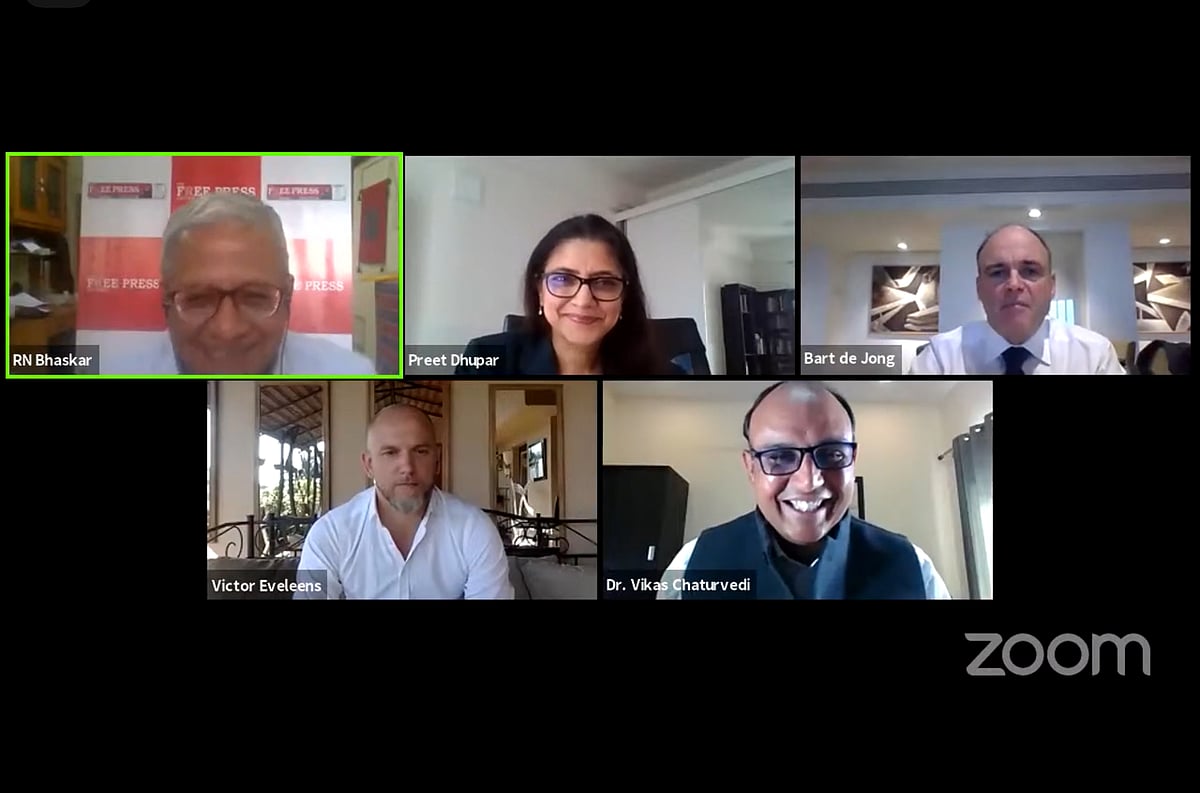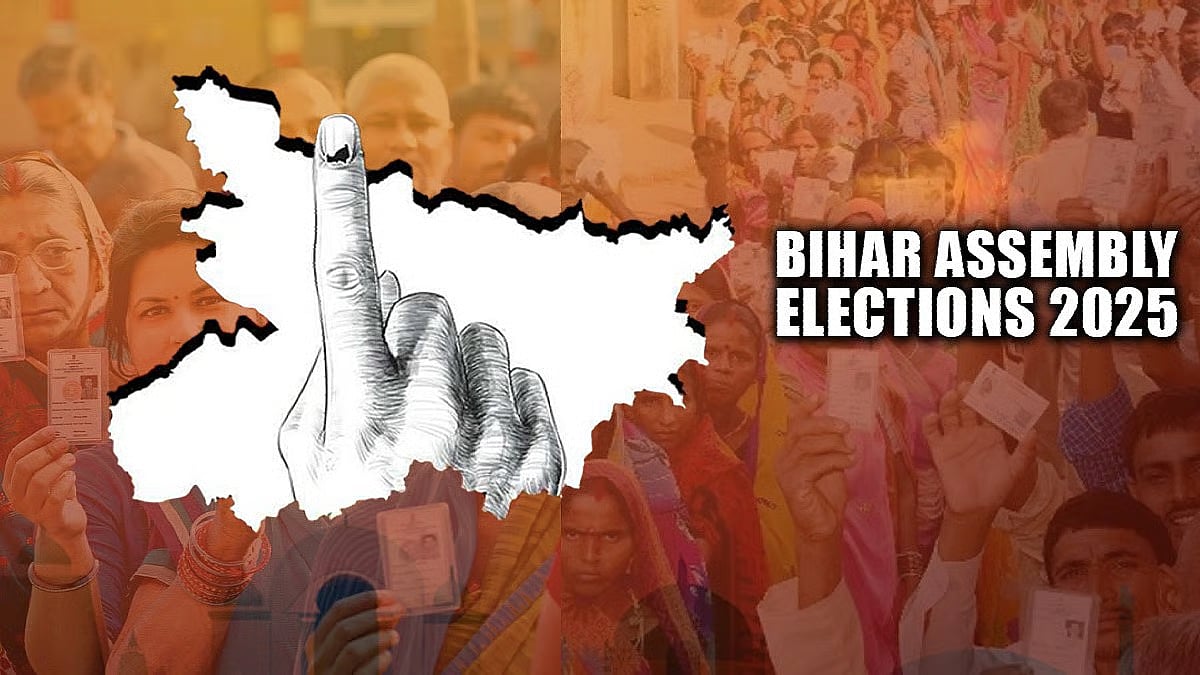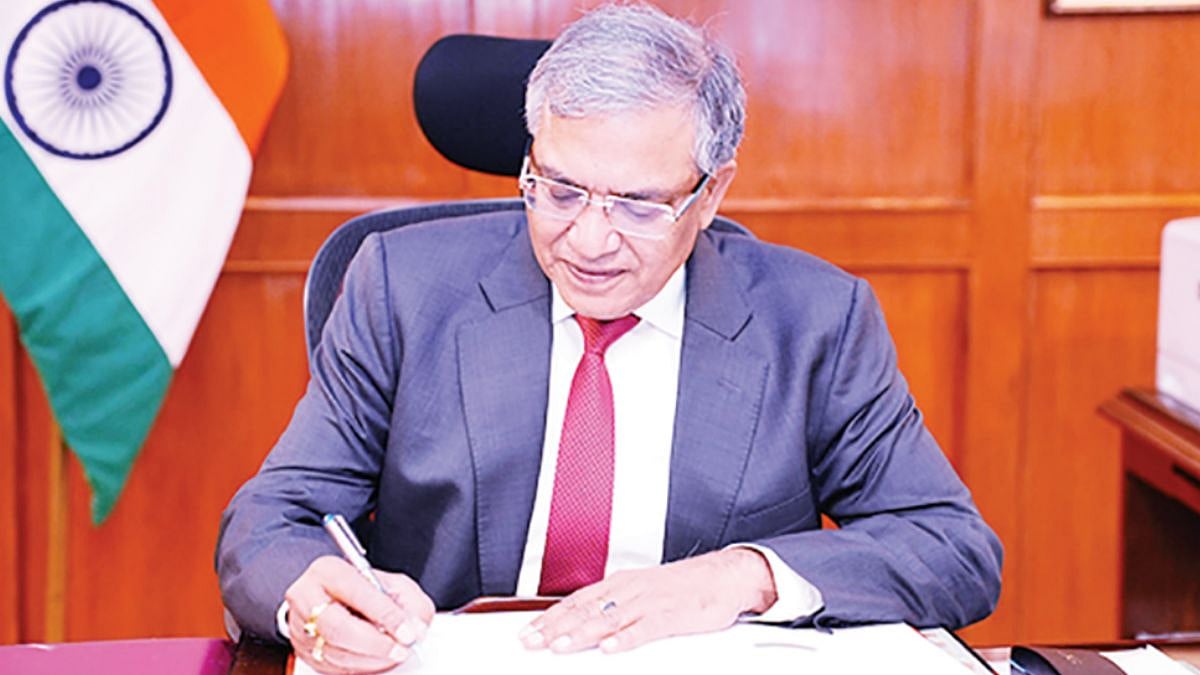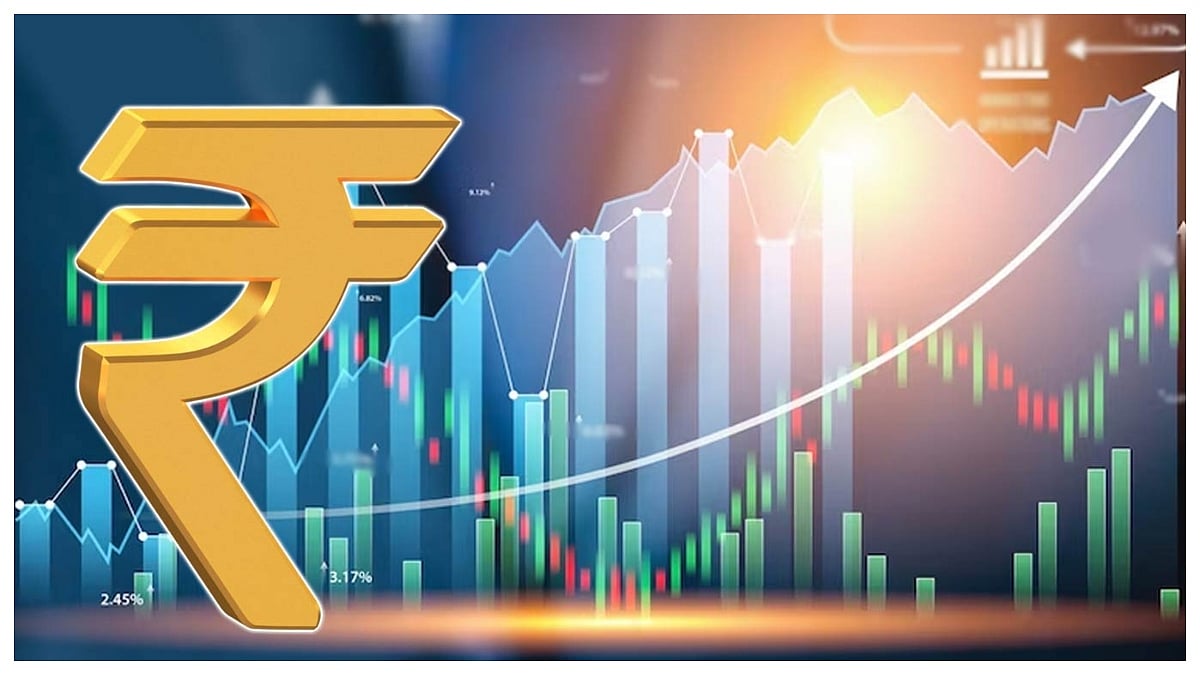The Netherlands is a gateway for Indian companies to explore the European Union (EU) market. This is so for EU countries as well looking at India. Yet Indo-Dutch relations have not reached its true potential. To understand the best and challenges in this relationship a session was organised by The Free Press Journal and SIES in association with Invest India.
The session focusing on The Netherlands was the last in the webinar series titled ‘Financing India’. The panellists for the final session (in alphabetical order) were Vikas Chaturvedi, CEO, Valuecent Consultancy; Preet Dhupar, CFO, IKEA India; Victor Eveleens, Partner / Director Trade (Technology & Performance Materials), NXT Group of Companies; and Bart de Jong, Consul General of the Netherlands in Mumbai.
It was moderated by R N Bhaskar, FPJ, Consulting Editor.
Edited excerpts compiled by Jescilia K
Indo-Dutch relations
Bart de Jong, Consul General of the Netherlands in Mumbai: The Netherlands is a relatively small country in Europe with limited natural resources. It is dependent on trade which makes it more outward-looking and an open economy.
We are the world’s 17th largest economy in GDP terms and 68th country in terms of population with around 17 million people.
The reform of the 1980s is the reason for the success of our economy.
Dutch are very competitive which is why it is ranked 4th in competitiveness ranking.
The Netherlands and India enjoy a very close relationship which started 400 years ago with the spice trade. The trade relations are very intense.
There are 200 (Dutch) companies that are present in India. Of them, 67 operate out of Maharashtra. Around 160 Indian companies are active in The Netherlands. During the COVID-19 pandemic, there has been a sizable uptick in the Indian IT companies investing in The Netherlands.
Vikas Chaturvedi, CEO, Valuecent Consultancy: There is a huge interest of Dutch companies in India. India is a natural partner for the Netherlands. WAH or water, agriculture and health are the three top sectors where India needs maximum collaboration and joint ventures from Dutch companies. This is where Dutch companies can really make a difference for India.
Last three years were magnificent for India-Netherlands relationship. Many high-level delegations visited both countries and several MOUs were also signed.
In 2017-18, the bilateral trade between India and the Netherlands was around 8.77 billion USD (7.24 billion euros). In 2018-19, it was around 12.87 billion USD (10.62 billion euros). By 2025, it shall touch around 15-20 billion euros.
The Netherlands and India have hardly achieved their true potential. In the next five years, as India will move ahead, Dutch companies will come to India and will be a key collaborator in helping India achieve its USD 5 trillion economy vision.
Business talk
Preet Dhupar, CFO, IKEA India: At IKEA, it is about balancing economic growth and making a positive impact on the planet. By 2030, IKEA hopes to inspire and enable 1 billion people around the world to live better everyday life. We hope there are many Indians amongst them.
We are still in the phase of entering different markets in India. We have online operations in Hyderabad, Mumbai, Pune and will soon be opening in Navi Mumbai (on December 18, 2020). The focus is on the safety and security of workers and customers even as we prepare for the opening of the new store. We are working on registration-based entries.
We want to grow our business most sustainably and India offers that opportunity.
We at IKEA have been working on our India strategy. We aim to move towards 100 per cent renewable energy in our operations. We already have solar panels in our Hyderabad and Navi Mumbai stores.
Yet another sustainability strategy is fair and inclusiveness. In the case of India, we have specifically chosen gender diversity as a starting point. IKEA is well aware that diversity has many aspects. In the Navi Mumbai store, there are 50 per cent women employees and are given equal pay. We will achieve 50 per cent women employees target across India soon.
IKEA is in India for the long-term. We will ride along with the challenges. We will also have opportunities.
Victor Eveleens, Partner / Director Trade, NXT Group of Companies:
NXT Group of Companies builds global infrastructure between countries. We then offer it to companies that we partner with. NXT Group of Companies offers market research, import, local business sales, local factories etc. Our partners are mostly SMEs that desire to expand their businesses into foreign markets (in this case India).
Technology, agriculture, health, renewable energy, FMCG and e-commerce are our focus sectors. We set up local infrastructure with local offices and local staff. We localise the whole business for our partners.
Investment opportunities
Bart de Jong: The Netherlands and India have embraced United Nations Sustainable Developments Goals (UNSDGs) 2015. We ensure investments and trade relations are very much in line with UNSDGs.
From the period 2000-2020, The Netherlands is the third largest investor in India. This is remarkable for a country our size.
The services sector (16 per cent) is the top sector that attracted FDI from the Netherlands to India. Other sectors that attract FDI are computer software & hardware (14 per cent); trading (8 per cent); chemical (8 per cent) and automobile industry (6 per cent).
In the services sector, a large investment is made in flood control and water management. We are into water engineering mainly into flood control. We are a low-lying country facing riverine flooding. Thus, we have a lot of expertise to keep the water at a low level.
Agriculture — a part of the services sector as well — is a very important sector in our investment relationship. It is also important in the Netherlands. We are number two globally when it comes to agriculture exports. Only two per cent of our population is active in agriculture.
We have invested in an Indo-Dutch centre of excellence in vegetable produce in Baramati. Here, the farmers are trained on the latest methodologies of cultivation of vegetables in the greenhouse. Another centre of excellence is for flowers in Kerala. India and The Netherlands have signed an MoU to build 10 centres of excellence in India to support agriculture in India.
Maharashtra too has many Dutch seed companies like East-West Seed, Rijk Zwaan, among others. There are also an array of small and medium-sized Dutch companies that are investing in India.
We still see a lot of potential in the manufacturing sector, smart cities, chemical, water and waste management, agriculture, life sciences and health, cold chain etc.
Vikas Chaturvedi: India-Dutch Financial Corridor aims to facilitate and connect Dutch Financial institutions with Indian companies and Dutch companies that wish to do large projects in India.
There has been a phenomenal interest of Dutch companies in India, especially institutions like FMO, PGGM and other pension funds that are looking at the right opportunities in India. If you look at what exists in the market and if you reach out to the right institutions a lot can happen for India.
Preet Dhupar: Investments are important for growth, investments have the potential to contribute to the growth of the domestic sector.
What works in the favour of India
Vikas Chaturvedi: The Dutch have been one of the top contributors towards India’s FDI. This is because of the Dutch treaty with India — the bilateral trade tax-avoidance agreement between India and Netherlands is one of the best that exists in India today. India also has treaties with Mauritius, Singapore, and Cyprus. But the benefits have substantially come down for them. Nevertheless, the benefits with the Netherlands still remain.
The large investors from Germany, France, Spain, The Netherlands and others, use the Netherlands as the base location. The ecosystem that exists between India and the Netherlands makes the arrangement more cohesive.
With Brexit, the Netherlands' proposition will become stronger for India.
India and the EU are the leading technology partners. In addition, for the Indian companies, the natural gateway into the EU is the Netherlands and for the EU companies, especially Dutch the opportunities in India are tremendous.
Preet Dhupar: India is a multicultural society, thriving democracy and emerging economy. It is a country that is open to modernisation and digitalisation. India is home to around 17 per cent of the world's population. Around 50 per cent are below 25 years of age.
India has responsibly demonstrated policy reforms during this pandemic. We need to continue with that trend.
In the case of the retail industry, we have had great engagement and support from the government right from the start. Engagement is the best way to operate.
Victor Eveleens, Partner / Director Trade, NXT Group of Companies: There are two main motives for a company to move into a foreign market — one is to offer the product line in the new market and to produce or outsource business activities to new markets (in this case India).
Over the last few decades, the reputation and image of India have improved. The PM Narendra Modi-led government has a big role to play in this. The efforts of the government to put India on the global map is commendable.
In many ways, India is not a developing country but a developed country. It is the fifth largest economy with 1.3 billion people.
India is a force to reckon with. Most companies do have an interest in India. It is not a market that can be ignored anymore — it can be either too early for a company or the product or service is not right for the Indian market. However, you need to make that conscious decision to enter India which is based on research.
Points that cater to the interest:
There is a huge upcoming demand for quality from the Indian market from B2B and B2C. Consumers are having higher standards in what they want. This is an opportunity for foreign companies who have developed technologies and products.
In the B2B market, the professionalisation of the industries has taken place which means that they look more long-term and not short-term. For instance, companies are looking at imported equipment which improves efficiency, low on maintenance and less cost in operations.
There is a growing scale of economy in India. It used to be a very small industry base but now these are growing into large scale operations. Such large operations lead to large budgets. This allows them to consider foreign products for their equipment.
There are good incentives for international companies to come in.
There is digitalisation of society which makes things a lot easier.
The language benefit of the Indian market is an advantage.
What is not working in the favour of India
Bart de Jong: It is no secret that India is not generally regarded as the most easy country to do business with or to invest in.
The most important element in a conductive investor relationship is predictability. This is why we engaged with India in a bilateral investment treaty which The Netherlands has with other countries around the world. The investment relationship treaty is to create this certainty and protect each other’s investments. If this is taken care of then one of the most important hurdles in investments is dealt with.
However, there are other hurdles like compliance and labour. For instance, the companies that wish to invest in food production or factory manufacturing usually face hurdles. These companies find it difficult to invest in India due to registration delays. This is mainly because India is not a party to various international unions to protect a new variety of plant which is an international treaty. Such issues either hamper or delay investments.
We see a lot of opportunities along with hurdles. However, we are optimistic that it can work out. Thus, the dialogue with the authorities is wide open.
Victor Eveleens: Hurdles that may stop companies for opting for a no-go to India are:
Companies might think that they are doing well in Europe or neighbouring countries. So, let us focus there rather than enter a scary market like India. This is driven by the fear of compliance issues.
Unfortunately, there is a reputation of corruption that limits people from coming to India.
Logistical and infrastructural challenges like roads, cold chain and others.
Low-skilled manpower in specific sectors.
Sudden rise in tariff and discouraging companies from buying foreign products.
Industrial demand is still low.
Raising loans or funds in India is not easy without collateral.
Preet Dhupar: Unpredictability can hurt investments. But it can be mitigated by constant engagement with the authorities.
There is a need to draw a balance between self-reliance and liberalisation. Both are important. But we have to work in tandem with each other. For instance, we source more than 30 per cent of our material from India. At the same time, most of the products that enter the supply chain of IKEA cross over to other countries where IKEA has a presence (So, IKEA will have an export factor in their product).
Now, we aspire to source 50 per cent material from India. IKEA has been sourcing from India for over three decades. It was mostly textiles, carpets and rugs. Now, we have increased the categories like mattress and others and also developing products in metals and plastics and so on. We are trying now to make a difference in the solid wood and waste category as well.
The government recently recognised furniture as a category (under Atma Nirbhar scheme) but it will take longer to develop manufacturing capacity of suppliers in this area. We are working along with the government on that.
Retail potential
Preet Dhupar: Retail is a big driver and has a multiplier effect. It touches every sector whether it is real estate, logistics, infrastructure and services industry. Its contribution to employment and capital generation is immense.
For instance, on an average, every IKEA store generates around 500-700 direct employment and most probably five times that number of indirect employment.
In addition, IKEA is looking at skill-building initiatives in the area of assembling, home furnishing, as well as interior designing (generation of more jobs).
Water and waste management cooperation
Vikas Chaturvedi: There is a lot of cooperation in water and waste management between both countries.
Waternet is a very large Dutch company. It has many technical collaborations with the state governments like Maharashtra, Himachal Pradesh etc; and cities in India.
In the case of waste management, there are many Dutch companies in India. These Dutch companies are masters in a lot of sub-elements of waste. There has been a collaboration with Bangalore city on how the solid waste could be managed there.
In 2009-2010, there was an MoU signed between Mumbai and Amsterdam for sister-level cooperation. One aspect of this MoU was water and waste management.
Bart de Jong: On the backdrop of this MOU, we are going to sign an MoU with Maharashtra government on waste, plastic and re-use of water. This association will be applied under Partners for International Business (PIB) cooperation (it is a programme that allows Dutch businesses to enter into a public-private partnership to realise their international ambitions).










